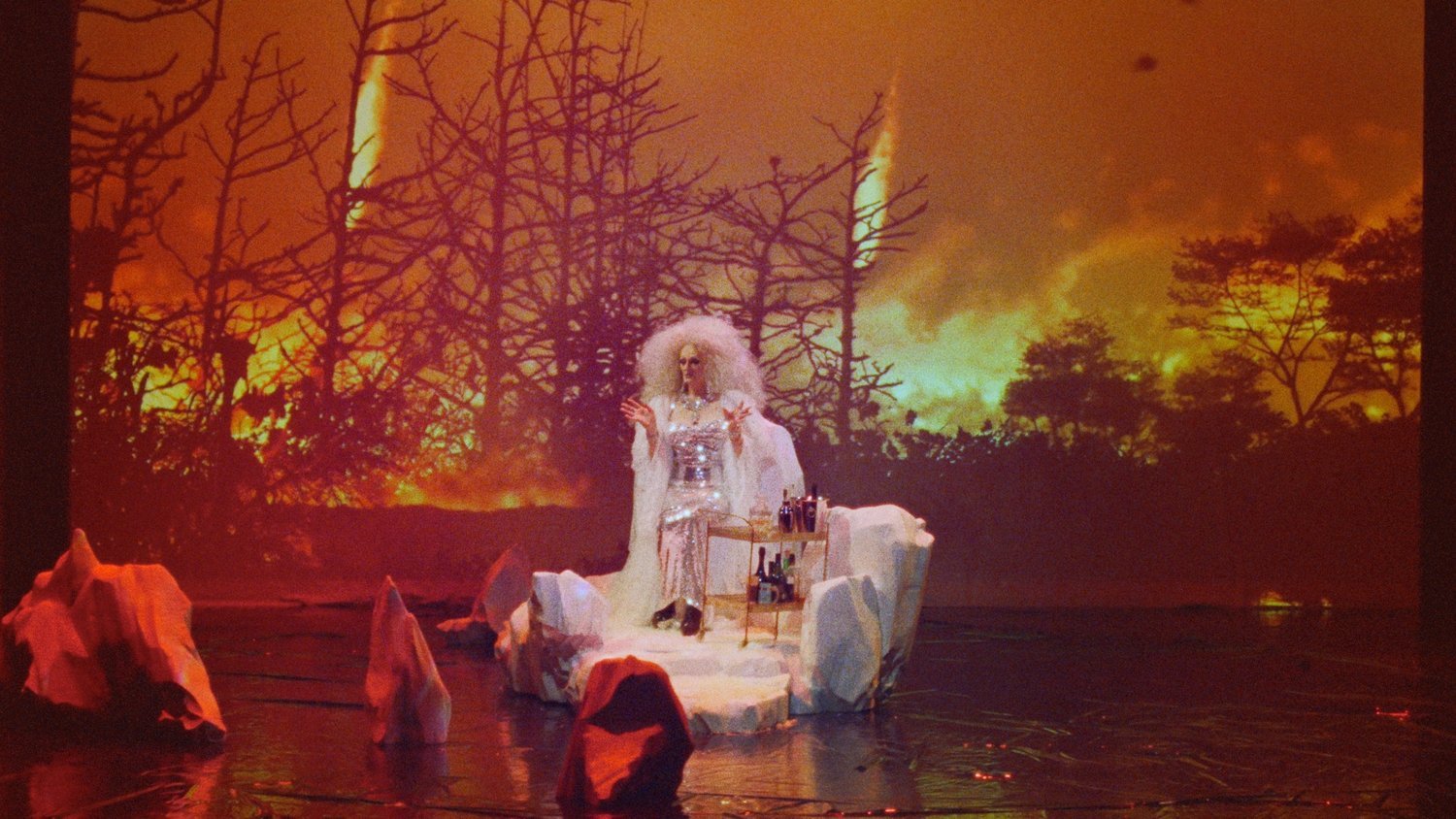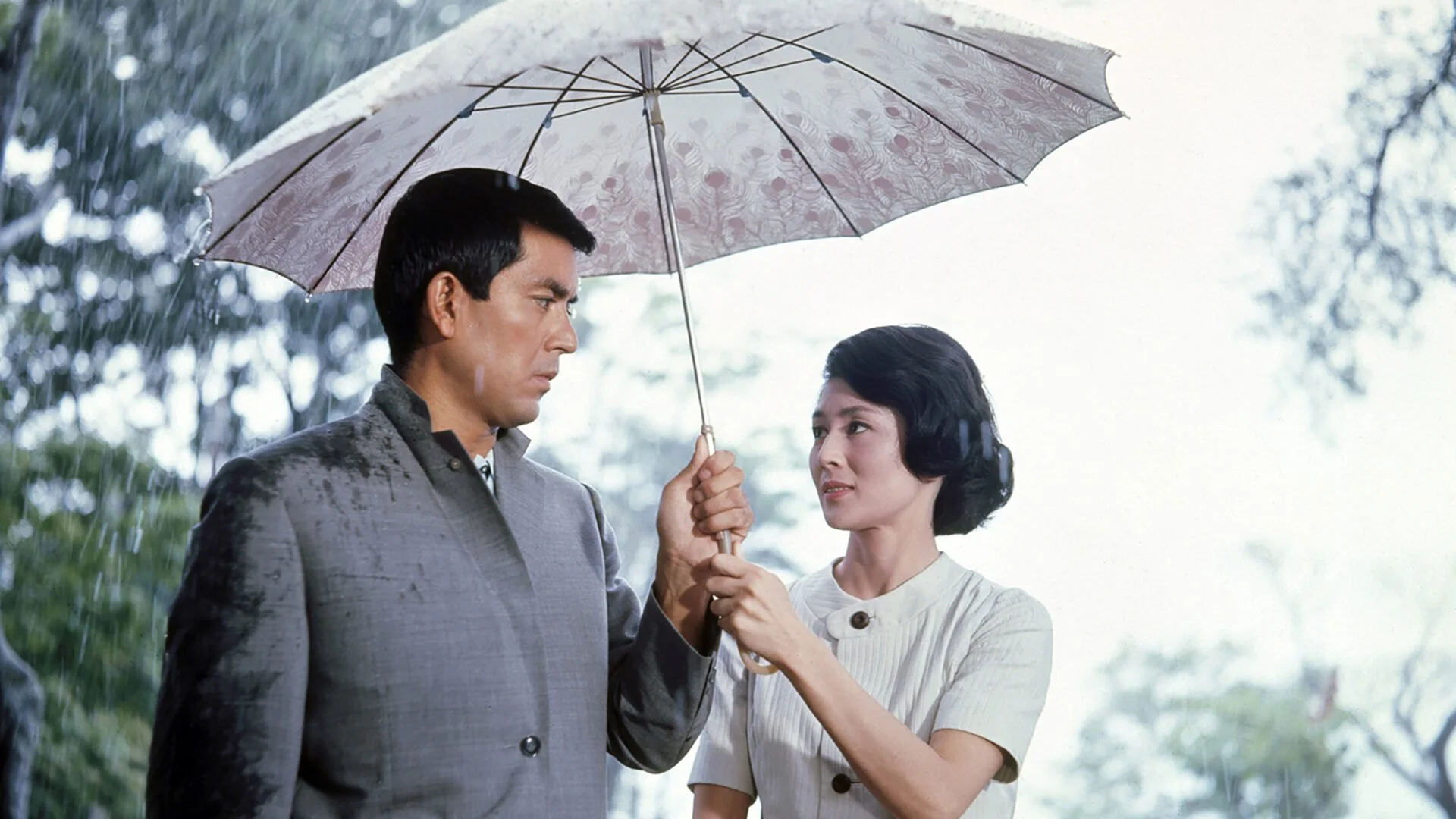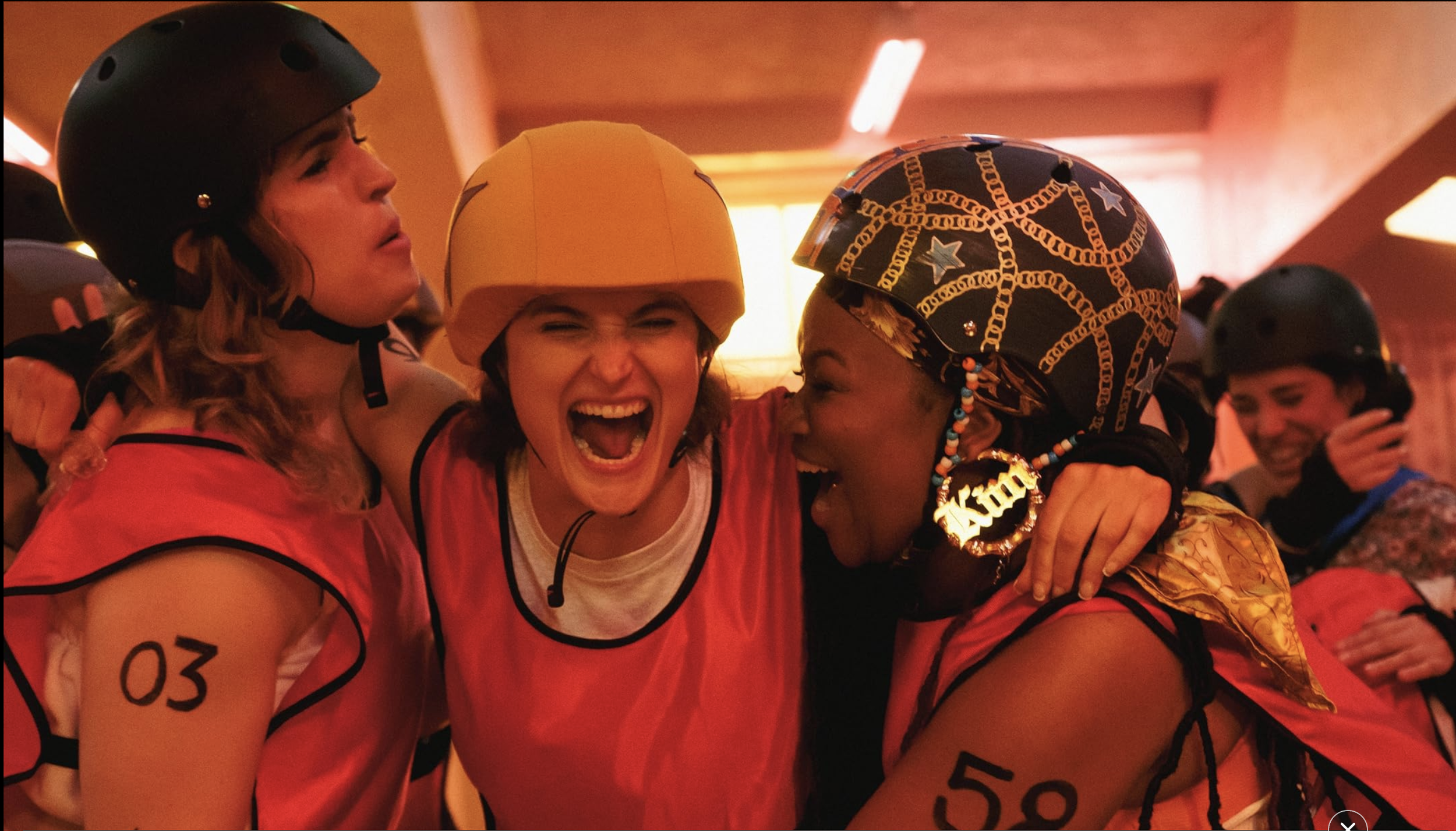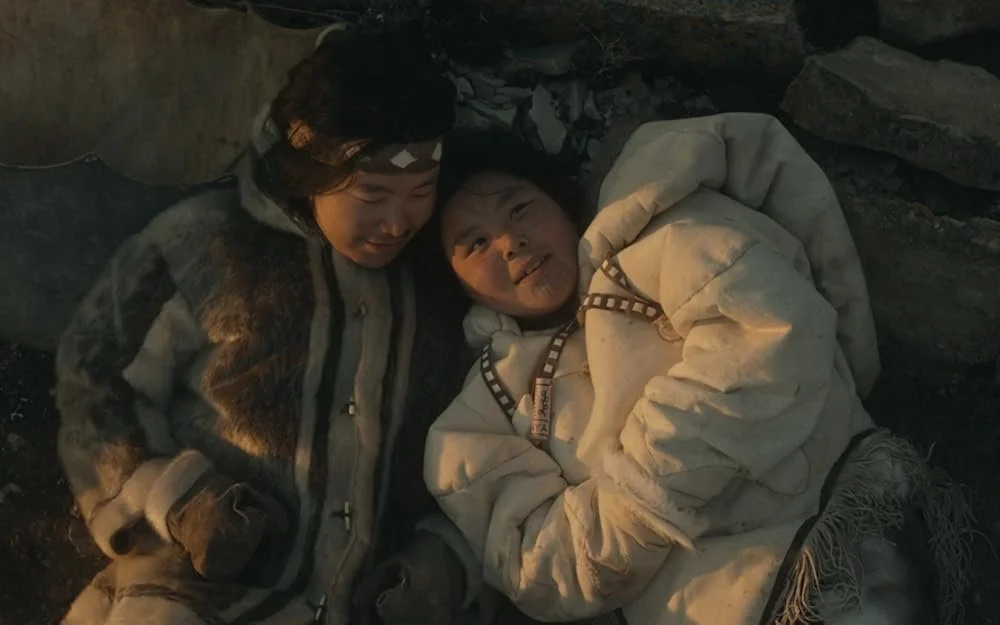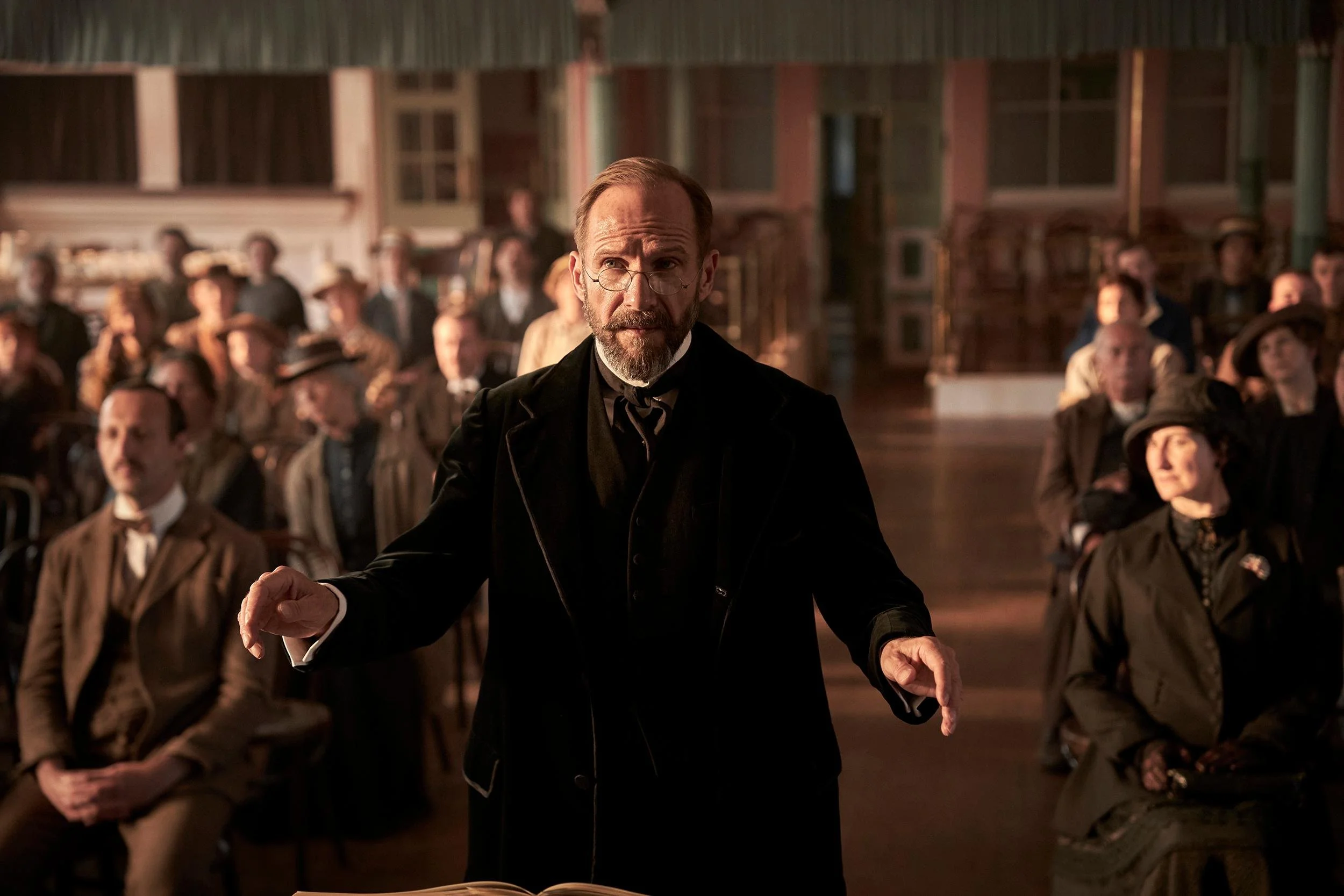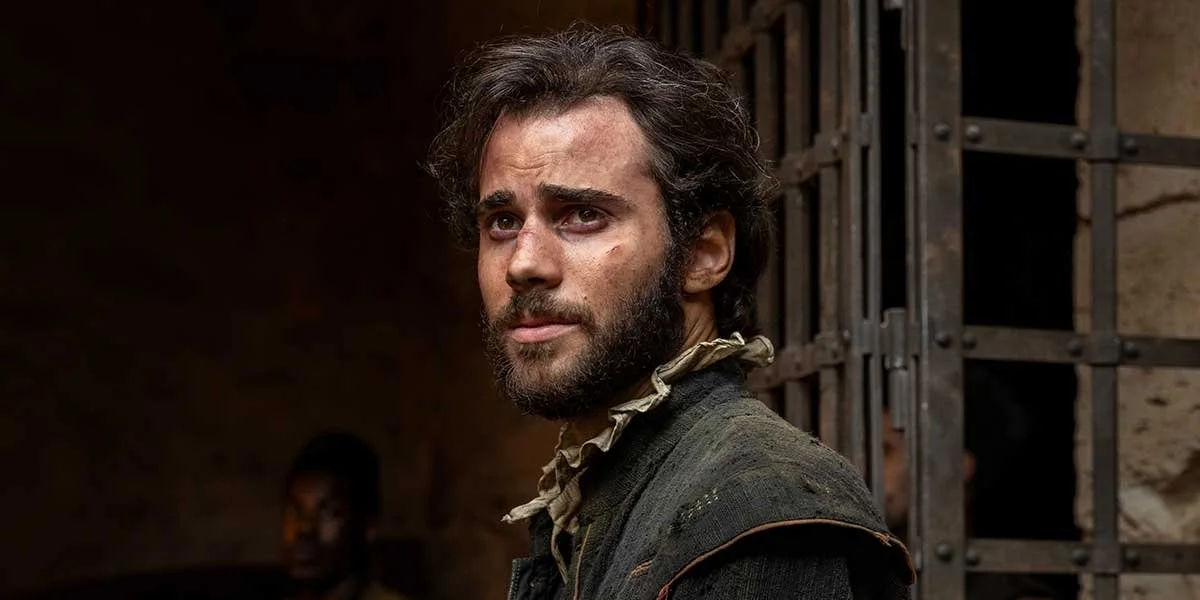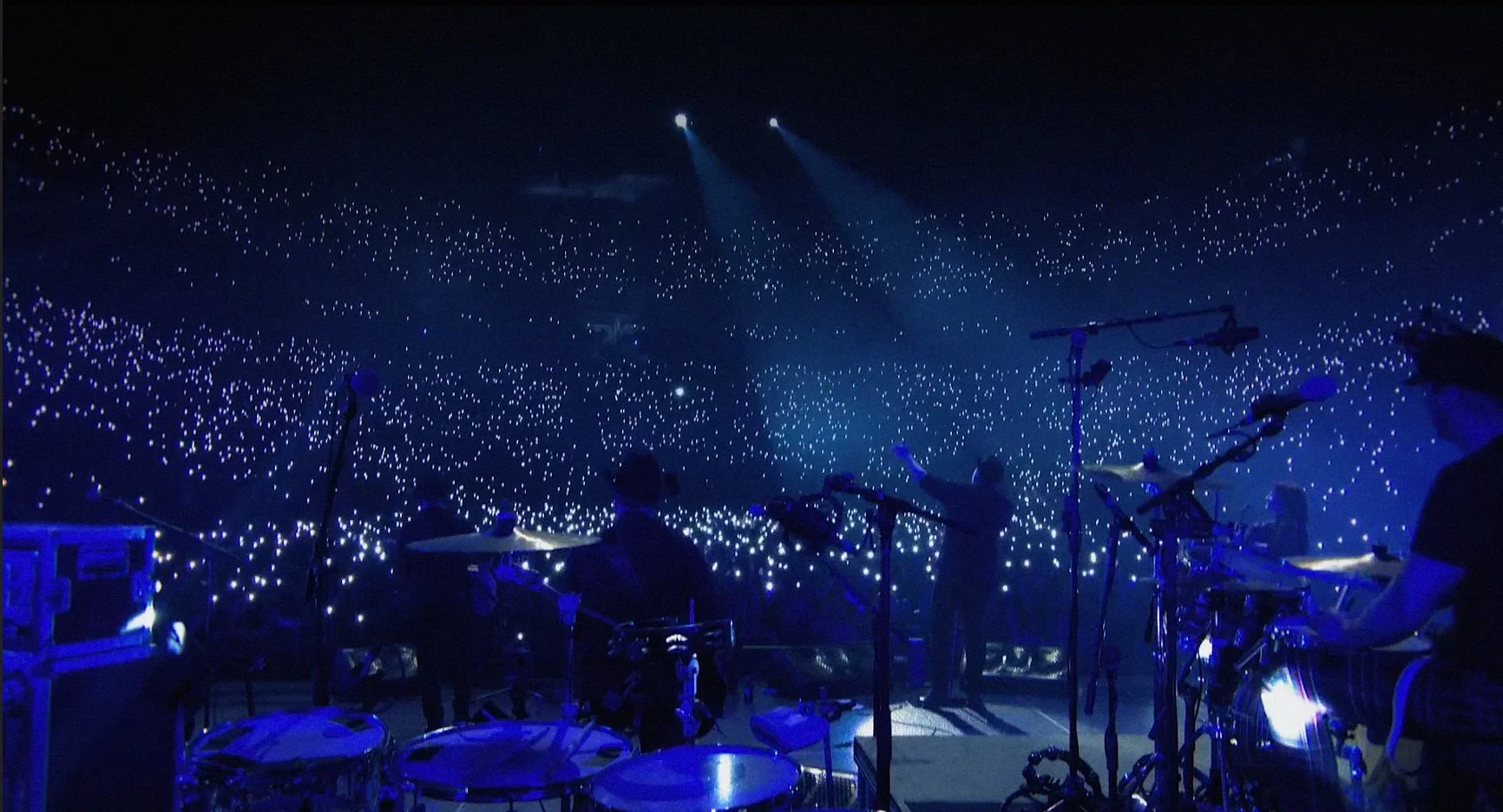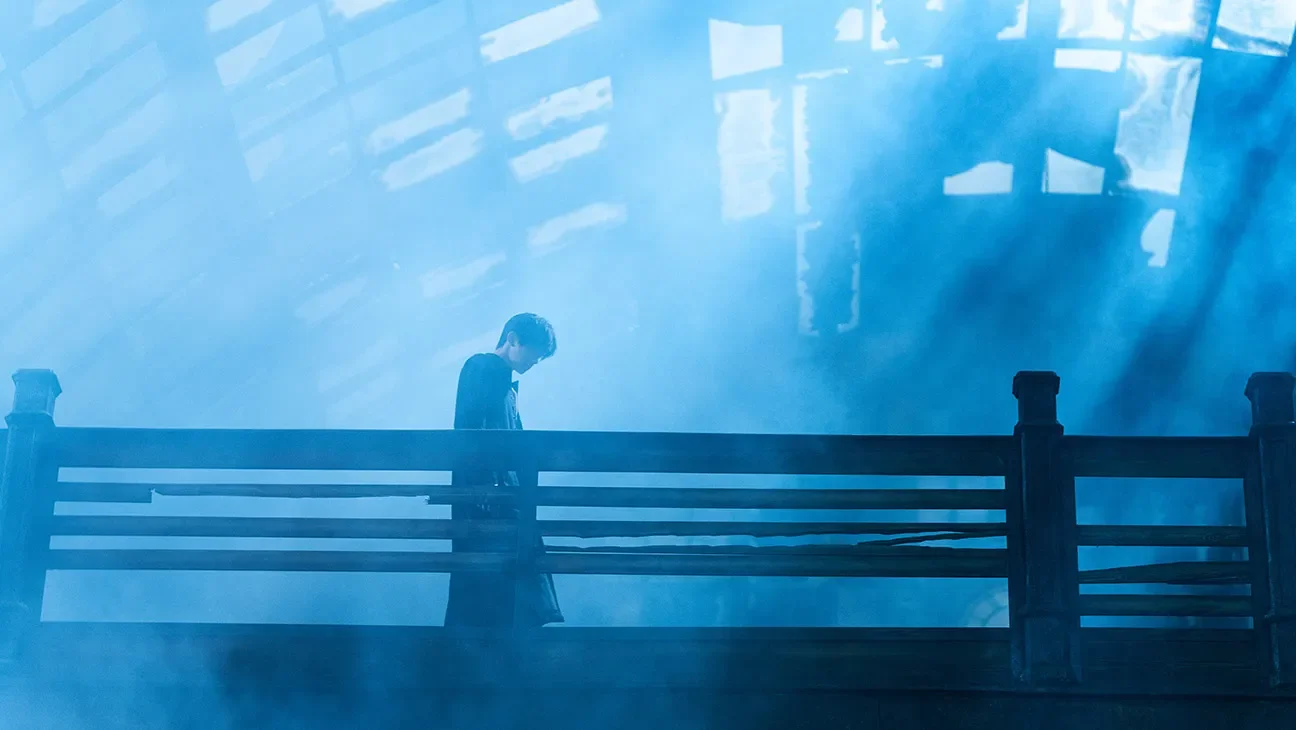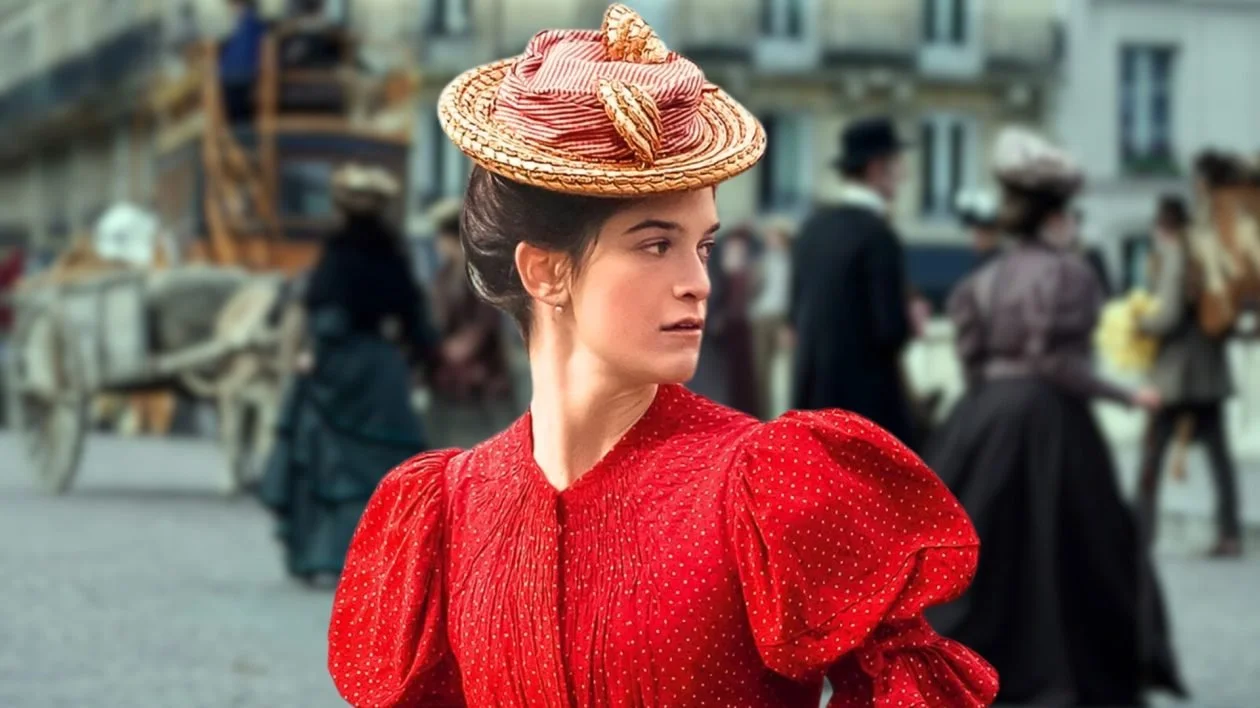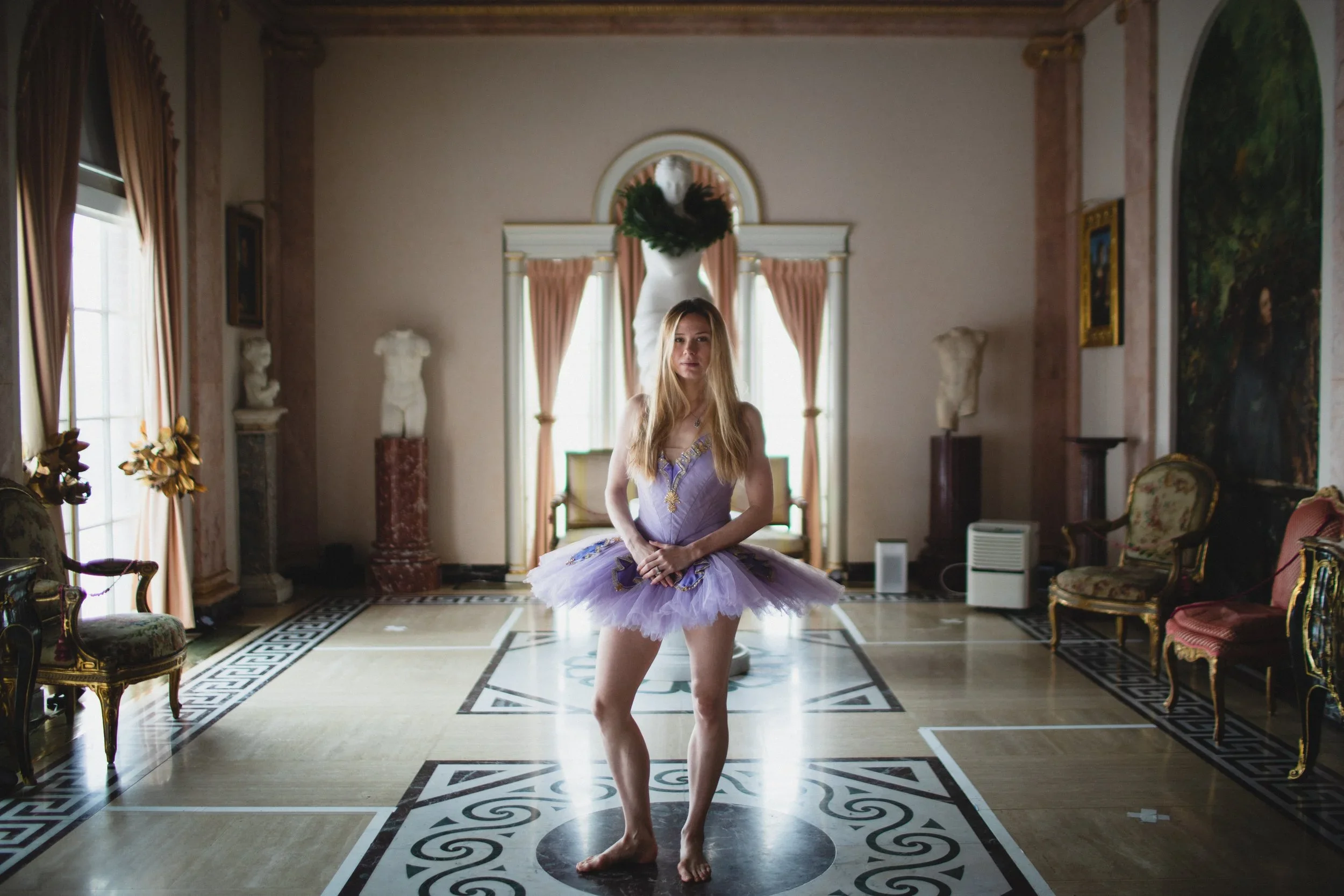The Empress of Vancouver pays tribute to a drag icon and this city's fight for queer rights
In Vancouver Queer Film Festival opener, a true nonconformist reflects on the fight for Pride and “homonormativity”
A camera crew followed Oliv as she celebrated the 40th anniversary of her coronation as Empress by heading out every Friday night to bring joy to pandemic-drained Vancouverites.
Out on Screen presents the Vancouver Queer Film Festival from August 11 to 21, in person at various venues, including VIFF Centre, the Vancouver Playhouse, and the York Theatre, as well as online. The Empress of Vancouver has more screenings September 9 to 15 at VIFF Centre.
OLIV HOWE strides along a drizzly Davie Street sidewalk in a floor-length gold-lamé gown, supersized rhinestone tiara, and enough sparkling jewellery to outfit a Palais Garnier chandelier.
She is incongruously spectacular in this early scene in the new documentary The Empress of Vancouver—40 years after the drag icon won her title at the grand Coronation Ball. Seating herself under the grey awning of a cafe, she even shoots confetti out of a toy gun.
Filmmaker Dave Rodden-Shortt and his team followed the legendary West End figure during the pandemic last year, when Oliv (pronounced “O-leev”, please) decided to mark the anniversary of her coronation by venturing out every Friday evening to bring a bit of joy to pandemic-depressed Vancouverites. (In the film, Oliv calls it “social therapy”.)
Rodden-Shortt, who directed the TELUS Originals-supported documentary and wrote it with Jessica Hallenbeck (his cofounder at Lantern Films), immediately saw the potential in the film’s charismatic subject while interviewing her over coffee for a shorts series. In order to build a film around Oliv, and her near photographic memory of Vancouver’s queer-rights history, he knew he would need to find archival images of the icon.
No problem there: photographer Oraf Orafsson had documented every day of her year campaigning for the 1981 Empress crown, bestowed by Vancouver’s Dogwood Monarchist Society.
At the time, Oliv was pushing the boundaries of what drag could be—adopting an art-punk, Ziggy Stardust-esque style.
“We scanned over 4,000 photos, and not just with her at the bars and campaigning, but at her house,” the director relates. “If she talked about anything in the film, we would be able to match up that photo to that day."
In addition, old videos from Gayblevision—the West End Cable 10 1980s production that pioneered gay and lesbian coverage in Canada—held a rich archive, too, including footage of the Empress riding in Vancouver’s first official Pride parade, the same year as her coronation, in an elaborate white wedding gown.
Weaving Oliv’s personal story into the momentous social changes that came to Vancouver 1980-81, The Empress of Vancouver traces the way that city hall, under Mayor Jack Volrich, turned down repeated requests for a proclamation and permit for the parade celebrations. Then Mike Harcourt leveraged the gay vote and, when he took over as mayor, followed through on promises to legitimize Pride (then called Gay Unity Week).
The film is an eye-opener for Vancouverites who smugly assume the city was always “progressive” and inclusive. (In voiceover, Harcourt recalls the shift in 1980 from a “grey, boring, Presbyterian city”.)
“What people had to go through—they survived a plague,” the director says, referring to the traumatic loss that the community, and Oliv, suffered through HIV/AIDS, “and the level of discrimination: you could lose a job or lose a rental apartment if you were outed.”
But Oliv also raises another type of marginalization that comes from within the LGBTQ2SIA+ community—the pressure, as she bitingly puts it, to be a “nice kind of queer”. In the film, she recalls the years when queer-rights activists discouraged her and other more flamboyant members from the trans community from attending rallies.
“That idea of exclusion and discrimination within the community is very fascinating,” comments Rodden-Shortt. “The typical queer story is about fighting for acceptance. This is a different story. It’s about pushing against the cost of conforming; the cost of gaining acceptance can be that we start to erase parts of our queerness to gain acceptance….Historically it’s a group that’s been so discriminated against, so marginalized that you try to find ways of reducing scorn and attack. But that’s what’s so amazing: Oliv never really bought into that and was always just herself and authentic.
“I feel like it's an ongoing conversation,” adds the filmmaker. “Now there's a lot of discussion around police and Pride; it's a similar conversation about ‘How do we make everyone in the community feel safe?’”
Oliv’s warnings against “homonormativity” hit home with Rodden-Shortt while he was shooting the documentary.
“I’m married with a son and I don’t live in the West End anymore—not because I’m trying to distance myself from the queer community, but I’ve kind of lost touch,” the filmmaker says. “And making this film makes me ask how I embrace my queerness.”
Oliv stands up to anything that puts her into a box–just as she recounts standing up to a bully on her New Brunswick schoolbus growing up. And that means, true to form, she’s not quite sure about this documentary that’s making the mainstream news and has sold out its premiere for opening night at the Vancouver Queer Film Fest. (Those who missed tickets can catch the film at VIFF Centre from September 9 to 15.)
“She says she can't handle all this homonormativity,” explains Rodden-Shortt with a laugh. “I mean she’s very kind about the film, but it is a portrait of her by other people.”
Still, one assumes that Oliv appreciates the documentary’s vivid creative flourishes that pay tribute to her own outrageously excellent sense of style. That includes a retro-’80s title screen, a quirkily cool original score by Cindy Lee/Pat Flegel, and a few elaborately filmed drag performances—including one by Maiden China, who is one of a the documentary’s new-generation, boundary-pushing Vancouver artists who owe a debt to trailblazers like Oliv.
The movie’s artfully shot drag numbers include a wintry-themed rendition of Peggy Lee’s “Is That All There Is?”, in which Oliv sits in frosty sequins on an iceberg perch—the ultimate ice queen, with a well-stocked bar cart at easy reach. Staged near the end of the documentary, the showstopper carries a startling poignance after the incredible life story viewers have just had recounted to them. And it’s a reminder that drag can take many forms.
“Drag isn't just to make people laugh,” Rodden-Shortt points out. “The performances are meaningful: it can be political, it can be social commentary. It’s more than being a female impersonator.”
The Empress of Vancouver includes some showstopping, artform-pushing drag numbers.



